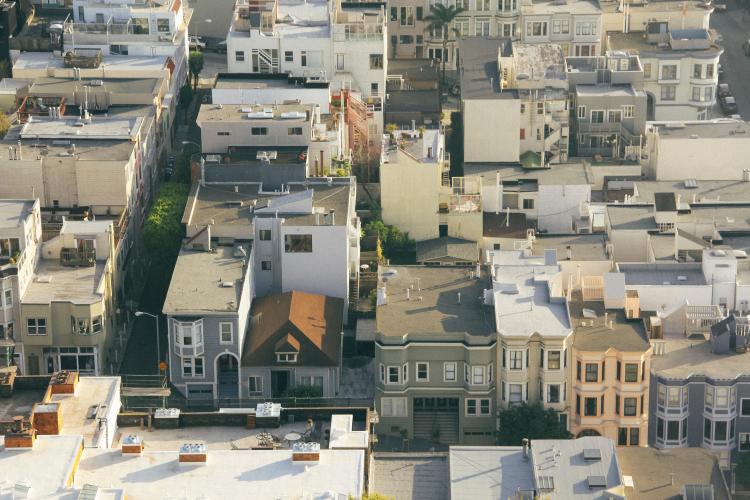
Contributors: Arlinda Bajrami, Miranda Andrade & Molly Graham
The Department of Energy’s (DOE) Buildings Upgrade Prize (Buildings UP) offers a unique opportunity for fostering innovation and collaboration in the realm of building upgrades. Buildings UP aims to retrofit existing buildings to be more energy-efficient and utilize clean-energy technologies. This may involve the installation of efficient electric equipment like heat pumps and heat pump water heaters, as well as other measures such as insulation and air sealing.
As Regional Navigators for the 12 teams in the Midwest + Alaska region, MEEA is proud to play a pivotal role in this transformative initiative. Over the next several years, we will assist our region’s teams, and the larger Buildings UP network, in navigating complex challenges to building upgrades across the country. You can see the full list of the 45 Phase 1 Prize winning teams in DOE’s press release here.
Organizations have assembled their teams and come up with innovative ideas to overcome persistent challenges to building upgrades like high upfront costs, workforce limitations, a lack of funding sources and more. Unlike traditional federal funding opportunities (such as grants), Buildings UP is designed to fund the planning process and engagement needed for these initiatives to succeed. The Phase 1 Prize, which teams have already received, included up to $400,000 each in cash prizes and extensive free technical assistance by industry experts.
Currently, we are in Phase 2 of Buildings UP, during which detailed planning and engagement efforts can win teams another round of prize funding and technical assistance. Teams are in a “co-opetition” – meaning they are not competing against each other for these resources – encouraging them to share and learn from each other as they develop their building upgrade initiatives. Working as a cohort is what makes Buildings UP unique, and developing and facilitating this important knowledge sharing is a key part of MEEA’s role as a Regional Navigator.
MEEA is serving as the primary point of contact for teams in our region, connecting them to the wealth of Buildings UP resources and the technical assistance network, guiding the teams through the Buildings UP structure and submission process and introducing teams to our network of members and supporters. Additionally, MEEA is acting as the facilitator and liaison for the other regions across the country, assisting the five other Regional Energy Efficiency Organizations in their Buildings UP work with their respective teams.
How Regional Navigators Work with Teams
In February, we convened our first regional cohort call- the first of many quarterly gatherings that will take place throughout the duration of the Prize. This call provided us with the opportunity to connect with all of our prize teams, whose initiatives are now more developed, and hear the challenges that teams across the region are facing. One notable example is the challenge of achieving cost-effectiveness for cold climate heat pumps, relevant to many of our teams but particularly those in the upper Midwest and Alaska. The similarity in climate zones and issues related to hard-to-reach regions and communities in Alaska make it a natural fit for inclusion in the Midwest cohort.
During the call, we were fortunate to bring in a heat pump expert from the Center for Energy and Environment. This expert shared a plethora of great resources, ranging from static materials to online tools and available training sessions. These resources will be invaluable to our teams as they navigate the complexities of their initiatives.
As Regional Navigators, we are committed to supporting our teams every step of the way, and we cannot wait to see the transformative impact of their initiatives. Stay tuned for more updates as we continue this journey together.
Teams are encouraged to explore and leverage all available funding sources to cover their initiatives' costs, as well as find additional partnership opportunities to strengthen their initiatives or learn from similar projects. These projects and partnerships span the region – and the country – so if you are interested in learning more about how your company can support this work, please contact Arlinda Bajrami. To learn more about the Midwest + Alaska cohort, click here.